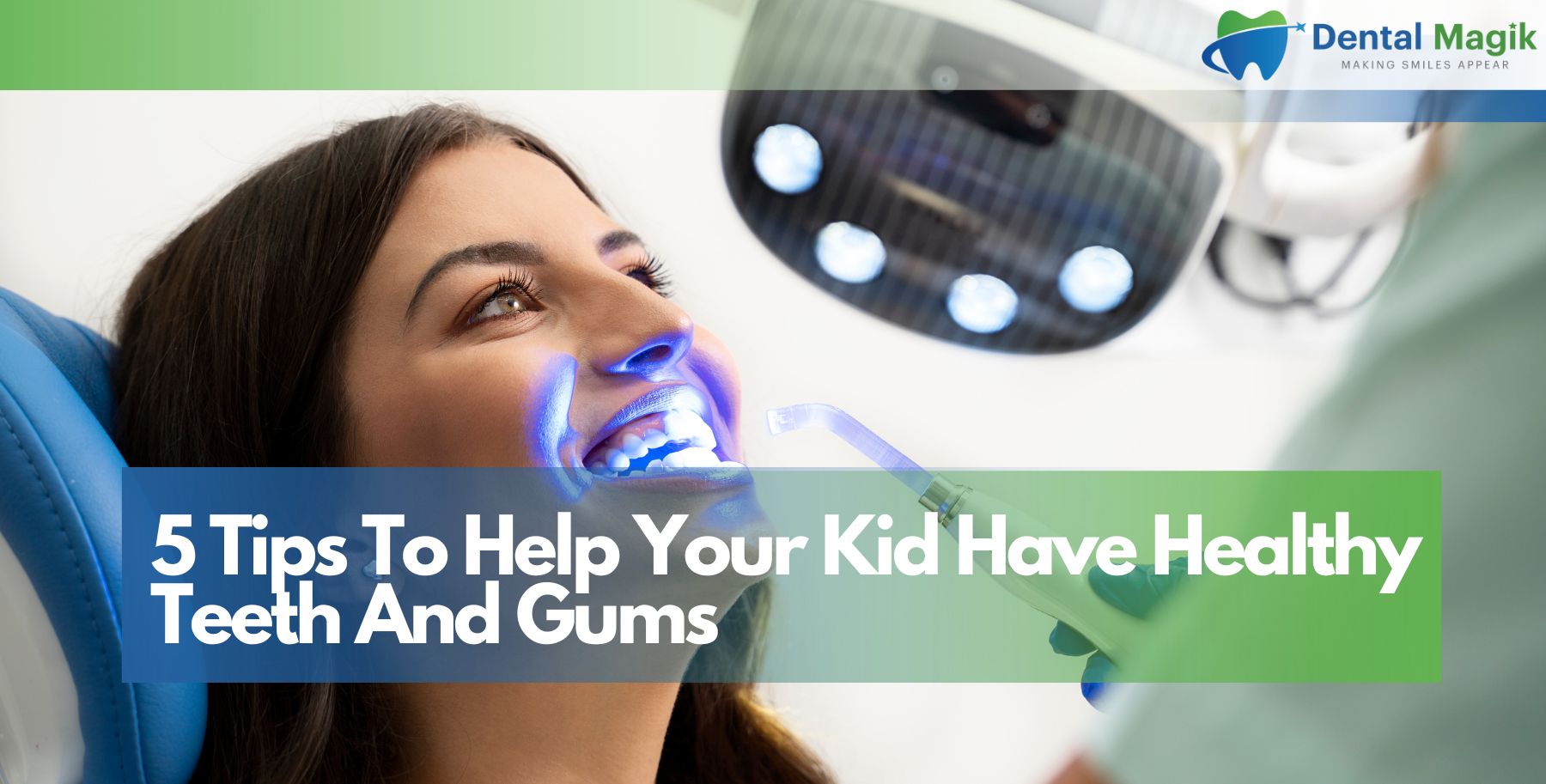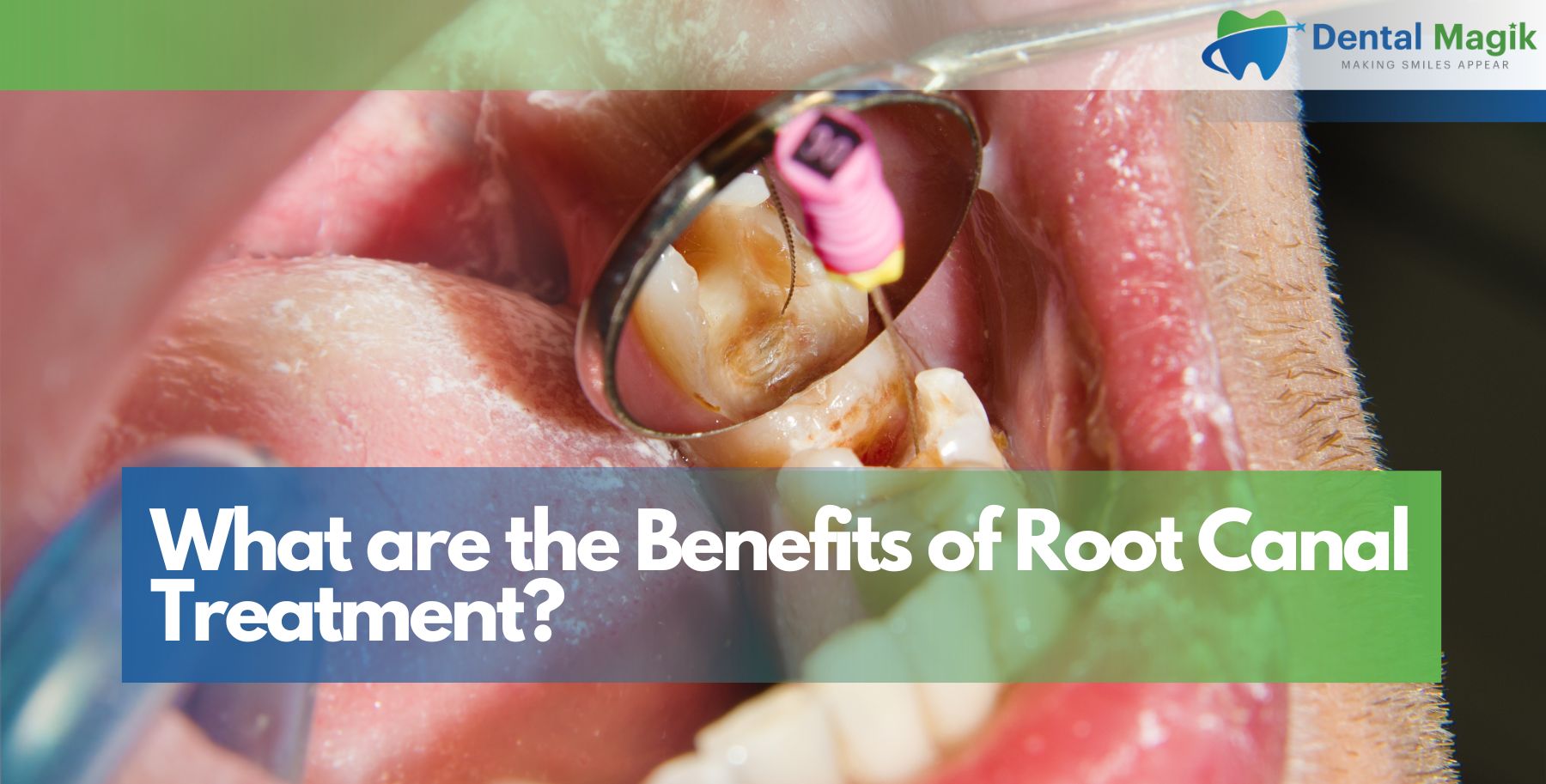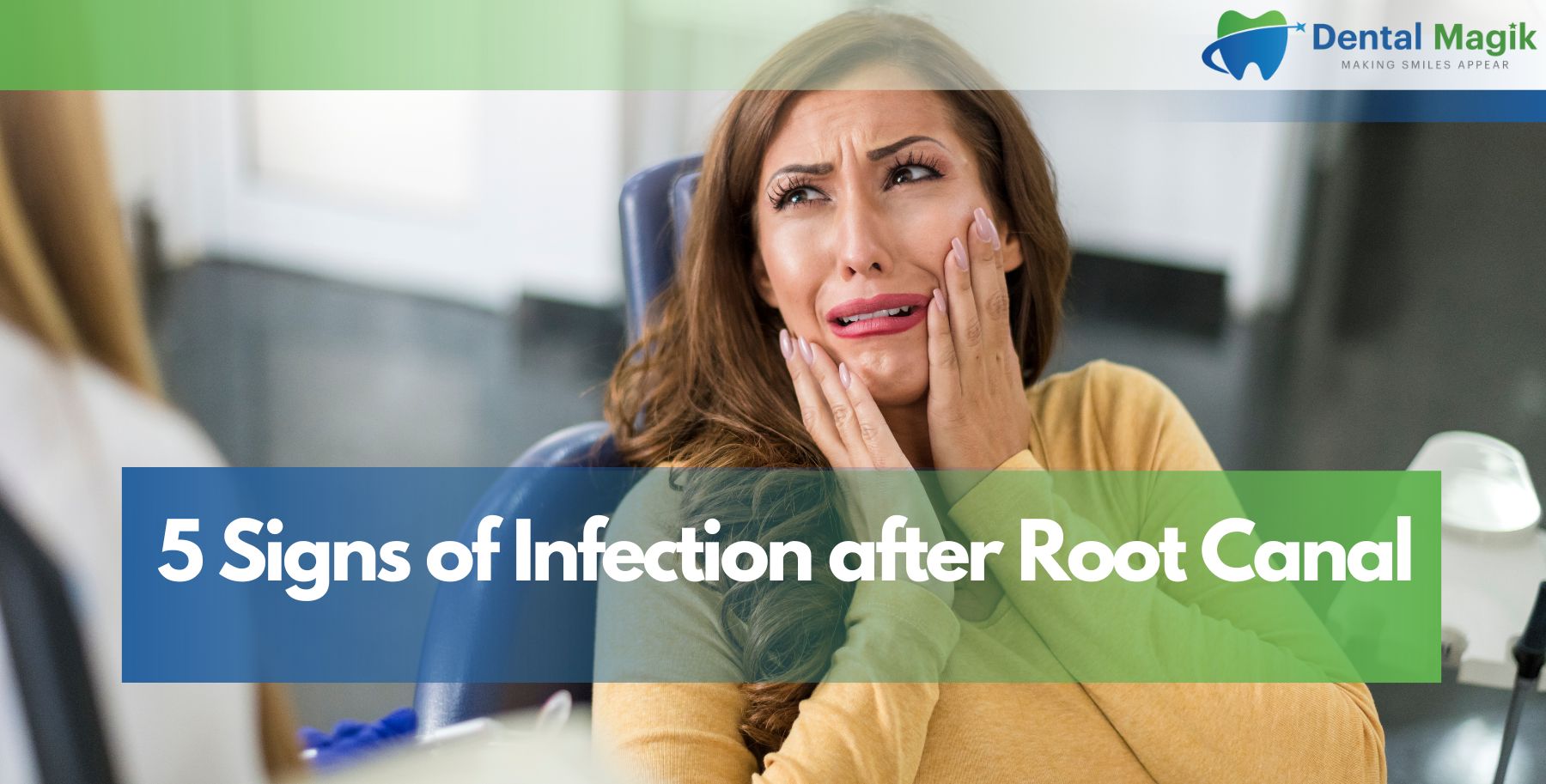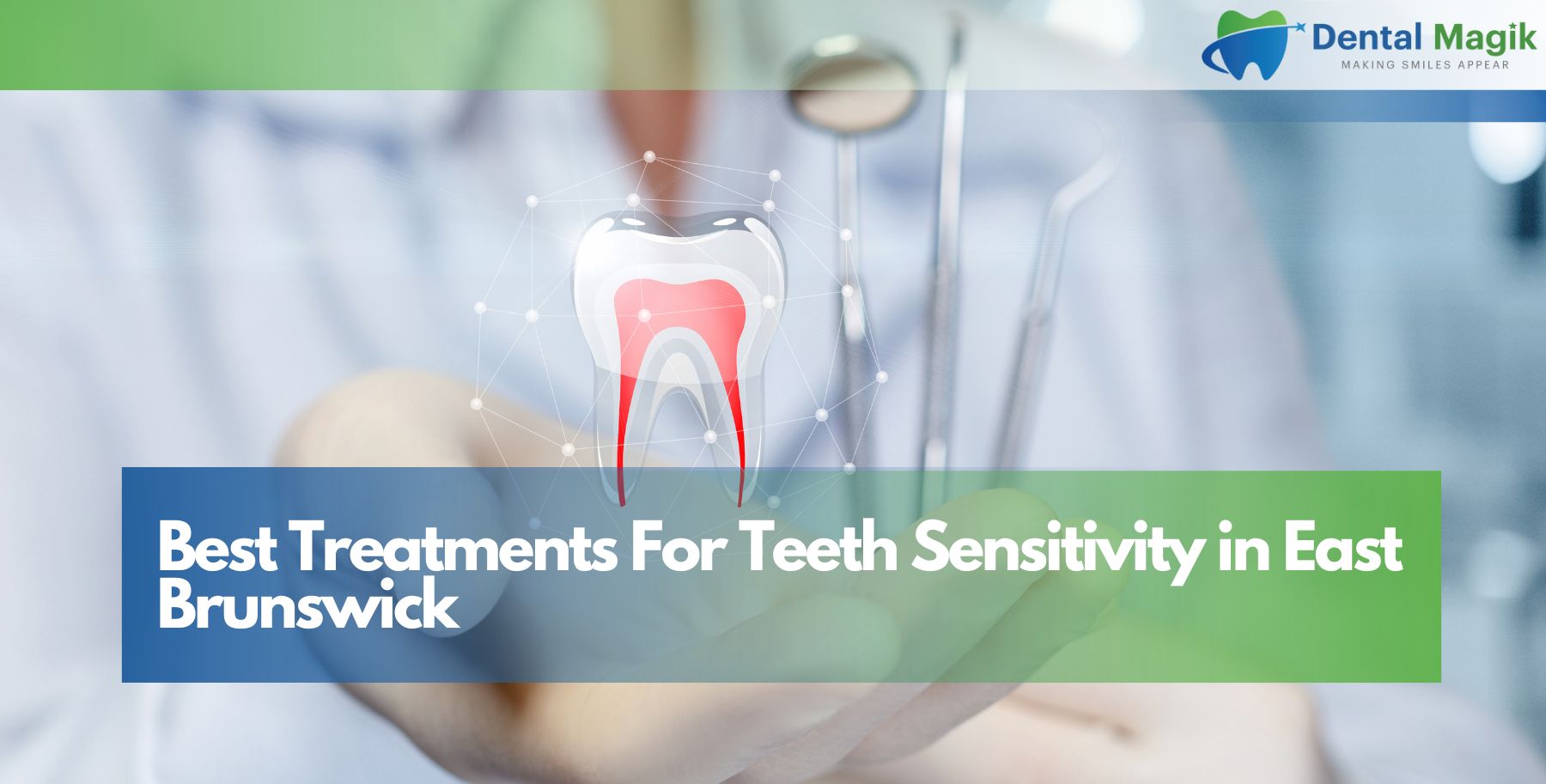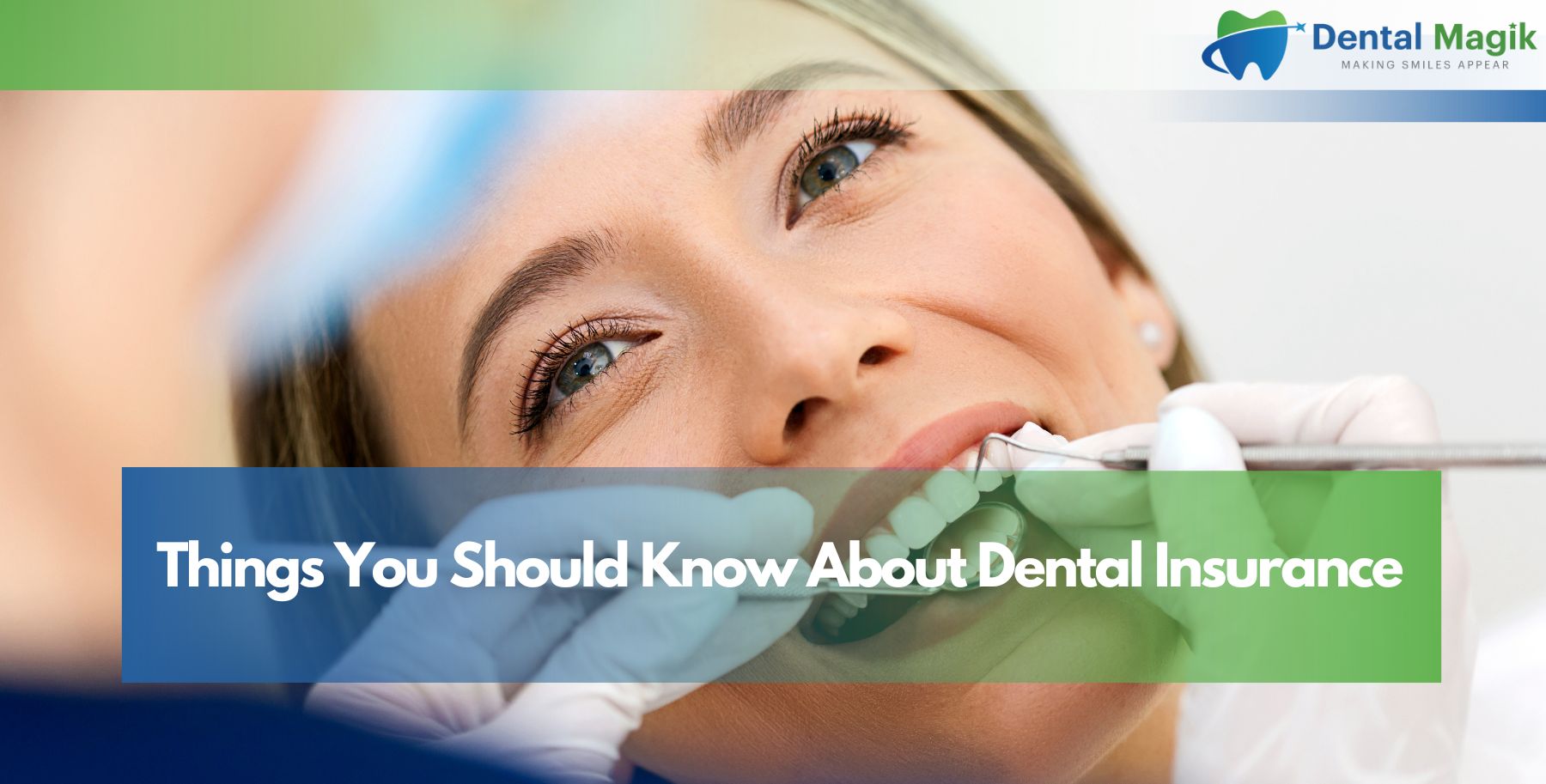A bright smile can boost your confidence and make a great first impression. But with so many whitening products and treatments available, it can be hard to know what actually works and what’s safe. This guide will walk you through the safest and most effective ways to whiten your teeth—whether at home or with the help of a professional.
Why Do Teeth Become Discolored?
Discoloration can happen for several reasons. Some are within your control, while others just come with age.
Common Causes of Tooth Stains
- Coffee, tea, and wine: These drinks contain pigments that stick to your enamel.
- Smoking: Nicotine and tar are major culprits for yellow or brown stains.
- Aging: As the enamel wears down, the yellowish dentin underneath becomes more visible.
- Medications: Certain antibiotics and antihistamines may darken your teeth over time.
- Poor dental hygiene: Plaque and tartar buildup can make your teeth appear dull.
At-Home Teeth Whitening Methods
Home remedies are popular because they’re affordable and convenient. But not all of them are safe or effective.
Whitening Toothpaste
Whitening toothpaste contains mild abrasives and polishing agents that help remove surface stains. It’s great for everyday use but won’t drastically change the color of your teeth.
Whitening Strips and Gels
These over-the-counter products contain a small amount of peroxide. They can brighten your smile by a shade or two if used consistently. However, they may cause tooth sensitivity if overused.
Natural Remedies (Use With Caution)
Baking soda and activated charcoal are often promoted online, but they can be abrasive. Frequent use might erode enamel over time, so it’s best to limit their use or skip them altogether.
Professional Teeth Whitening Options
When it comes to safe and lasting results, professional whitening at a dental office is the gold standard.
In-Office Whitening
This is the fastest way to whiten your teeth. Your dentist applies a high-concentration whitening gel that works in just one session. It’s safe, quick, and gives noticeable results right away.
Take-Home Kits From Your Dentist
Custom trays and gels prescribed by your dentist can give excellent results at home. They’re more effective than store-bought products because they use professional-grade ingredients and fit your teeth perfectly.
How to Keep Your Teeth White After Whitening
Whitening your teeth is just the first step. Maintaining the results takes a little effort.
Avoid Stain-Causing Foods and Drinks
Try to cut back on coffee, tea, red wine, and soda. If you can’t give them up, use a straw to minimize contact with your teeth.
Brush and Floss Regularly
Stick to a routine—brush at least twice a day and floss daily to prevent plaque buildup that can dull your smile.
Use a Whitening Toothpaste for Maintenance
A gentle whitening toothpaste helps keep stains from building back up after your treatment.
Is Teeth Whitening Safe?
Yes, when done correctly. Whitening is safe for most people, especially under the supervision of a dentist.
Possible Side Effects
- Tooth sensitivity: Some people feel discomfort after whitening, especially with peroxide-based treatments.
- Gum irritation: Whitening gels that touch the gums may cause a burning sensation or temporary irritation.
These side effects are usually mild and temporary. Using dentist-recommended products and following instructions helps minimize risks.
Who Should Avoid Teeth Whitening?
Teeth whitening isn’t for everyone.
Not Ideal If You Have
- Sensitive teeth or gums
- Severe dental restorations like crowns, bridges, or veneers
- Deep internal stains (like those from trauma or medications)
- Cavities or gum disease
If you’re unsure, it’s best to consult with your local dental professional first.
How Long Do Whitening Results Last?
It depends on your habits and the method used. In-office whitening can last up to a year, while at-home kits usually need touch-ups every few months. Avoiding stain-causing foods and maintaining good oral hygiene will help prolong your results.
Common Whitening Myths—Debunked
Let’s clear up a few common misconceptions:
Whitening Weakens Teeth
False. Whitening only affects the color of your enamel. It doesn’t make your teeth weaker if used correctly.
You Can Use Lemon Juice for Whitening
Not recommended. Lemon is acidic and can wear away enamel, increasing your risk of cavities.
All Whitening Toothpastes Are the Same
Not true. Some are too abrasive and can do more harm than good. Choose one with ADA approval.
When to See a Dentist for Teeth Whitening
If you’re looking for safe, fast, and effective results—or if you’ve tried over-the-counter methods with no success—a dentist can help. They’ll assess your oral health and recommend the best whitening method for your needs.
Conclusion
Whitening your teeth can be safe, simple, and effective if you choose the right method. From over-the-counter options to professional in-office treatments, there’s a solution for every smile. Just make sure to avoid shortcuts or harsh DIY tricks that could damage your enamel. For a customized, safe experience, consult with a Dentist in East Brunswick, NJ, and get that confident, white smile you’ve always wanted.


